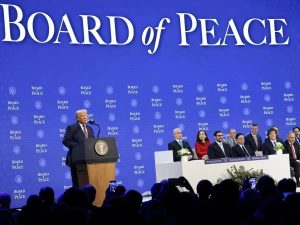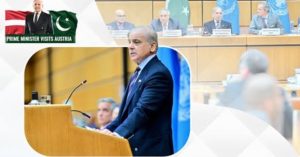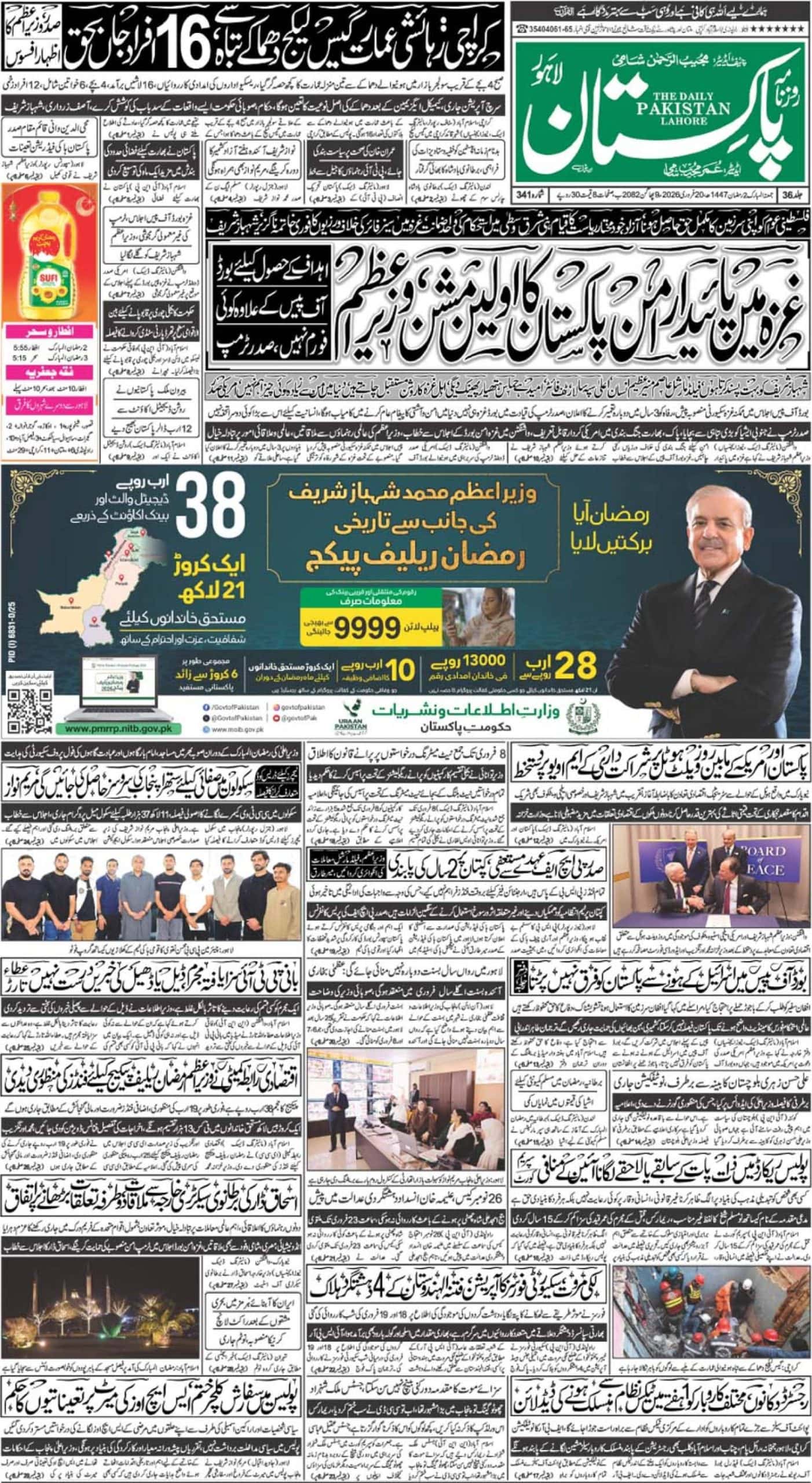RIYADH – Saudi Arabia and the United Arab Emirates (UAE) introduced the Value Added Tax (VAT) for the first time from Monday, a first for the Gulf which has long prided itself on its tax-free system.
It is a five per cent tax on most goods and services to boost revenue. The VAT will be applied on food, clothes, electronics and gasoline, phone, water and electricity bills, as well as hotel reservations, the BBC reported.
Saudi Arabia compounded the New Year blow for motorists with an unannounced hike of up to 127 percent in petrol prices with immediate effect from midnight.
Some outgoings were exempt from the tax or given a zero-tax rating, including medical treatment, financial services and public transport.
https://en.dailypakistan.com.pk/world/saudi-arabia-goes-dubai-royal-rulers-to-open-luxury-resort-in-islamic-kingdom-where-women-can-wear-bikinis/
The UAE estimates that in the first year, VAT income will be around 12 billion dirhams ($3.3 billion).
In Saudi Arabia, this included a tax on tobacco and soft drinks as well as a cut in some subsidies offered to locals. In the UAE, road tolls were hiked and a tourism tax was introduced.
The other four Gulf states – Bahrain, Kuwait, Oman and Qatar – are also committed to introducing VAT but have delayed the move until early 2019.
None of the Gulf states levy any personal income tax and none have any plans to do so.
The International Monetary Fund has repeatedly urged Gulf states to diversify their revenues away from oil, which accounts for more than 90 percent of the Saudi budget and 80 percent in the UAE.
Both Riyadh and Abu Dhabi asked all companies with earnings of $100,000 or more a year to register in the VAT system.
https://en.dailypakistan.com.pk/business/saudi-banks-prepare-for-riyal-coins-transition/
Saudi Arabia posted budget deficits totalling $260 billion over the past four fiscal years and does not expect to balance its books before 2023.
To finance its mounting public debt, the kingdom has withdrawn around $250 billion from its reserves over the past four years, reducing them to $490 billion.
It has also borrowed around $100 billion from the international and domestic markets.














